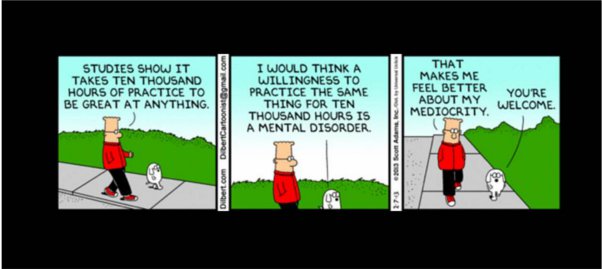Post by rubl on May 19, 2018 13:04:26 GMT 7
Do we graduate morons? What is required nowadays to keep schoolchildren, students interested in learning even basic stuff (apart from fondling their smart phone that is).
From the introduction to "A Galaxy of Strangers", a collection of tales by Lloyd Biggles jr.. Intro written in 1975 it has
"When I was a high school student in Waterloo, Iowa, more years ago than either I or my classmates care to count, a teacher startled my social studies class with the question, “Do we graduate morons from East High?” The answer was yes—but at that time the moron was considered the exceptional case."
"All of the various trends of Watergate—corruption in campaign management and contributions, abuses of governmental power, the permissible lie in politics, bribery, influence peddling, and so on—all of these things had been increasingly present in our government for years, and it would have been possible, say, in 1970, for a science fiction writer to put them together and project them to describe a fictitious Watergate happening about the year 2020. But in 1970 it would have been extremely difficult to make this fictitious Watergate convincing, and the result probably would have been a rather inept science fiction novel.
Then chance brought together the right men at the right time, or the wrong men at the wrong time, and what occurred was nothing less than a mutation in morality and ethics at the highest level of our government. The unbelievable science fiction tale of the future suddenly became a terrifying true adventure of the present."
***
The first story "And Madly Teach", first written in 1957 has TV based education, a teacher and 40,000 pupils. From the start of the story when a new teacher gets 'instructed' by her manager:
Miss Boltz said falteringly, “TV teaching? Then—my students will attend class by television?”
“Certainly.”
“Then I’ll never see them.”
“They will see you, Miss Boltz. That is quite sufficient.”
“I suppose the examinations will be machine graded, but what about papers? I couldn’t get through one assignment in an entire semester.”
He scowled at her. “There are no assignments. There are no examinations, either. I suppose the educational system on Mars still uses examinations and assignments to coerce its students into learning, but we have progressed beyond those dark ages of education. If you have some idea of bludgeoning your material into your students with examinations and papers and the like, forget it. Those things are symptomatic of bad teaching, and we would not permit them even if it were possible, which it isn’t.”
“If there are no examinations or papers, and if I never see my students, how can I evaluate the results of my teaching?”
“We have our own method for that. You receive a Trendex rating every two weeks. Is there anything else?”
From the introduction to "A Galaxy of Strangers", a collection of tales by Lloyd Biggles jr.. Intro written in 1975 it has
"When I was a high school student in Waterloo, Iowa, more years ago than either I or my classmates care to count, a teacher startled my social studies class with the question, “Do we graduate morons from East High?” The answer was yes—but at that time the moron was considered the exceptional case."
"All of the various trends of Watergate—corruption in campaign management and contributions, abuses of governmental power, the permissible lie in politics, bribery, influence peddling, and so on—all of these things had been increasingly present in our government for years, and it would have been possible, say, in 1970, for a science fiction writer to put them together and project them to describe a fictitious Watergate happening about the year 2020. But in 1970 it would have been extremely difficult to make this fictitious Watergate convincing, and the result probably would have been a rather inept science fiction novel.
Then chance brought together the right men at the right time, or the wrong men at the wrong time, and what occurred was nothing less than a mutation in morality and ethics at the highest level of our government. The unbelievable science fiction tale of the future suddenly became a terrifying true adventure of the present."
***
The first story "And Madly Teach", first written in 1957 has TV based education, a teacher and 40,000 pupils. From the start of the story when a new teacher gets 'instructed' by her manager:
Miss Boltz said falteringly, “TV teaching? Then—my students will attend class by television?”
“Certainly.”
“Then I’ll never see them.”
“They will see you, Miss Boltz. That is quite sufficient.”
“I suppose the examinations will be machine graded, but what about papers? I couldn’t get through one assignment in an entire semester.”
He scowled at her. “There are no assignments. There are no examinations, either. I suppose the educational system on Mars still uses examinations and assignments to coerce its students into learning, but we have progressed beyond those dark ages of education. If you have some idea of bludgeoning your material into your students with examinations and papers and the like, forget it. Those things are symptomatic of bad teaching, and we would not permit them even if it were possible, which it isn’t.”
“If there are no examinations or papers, and if I never see my students, how can I evaluate the results of my teaching?”
“We have our own method for that. You receive a Trendex rating every two weeks. Is there anything else?”







